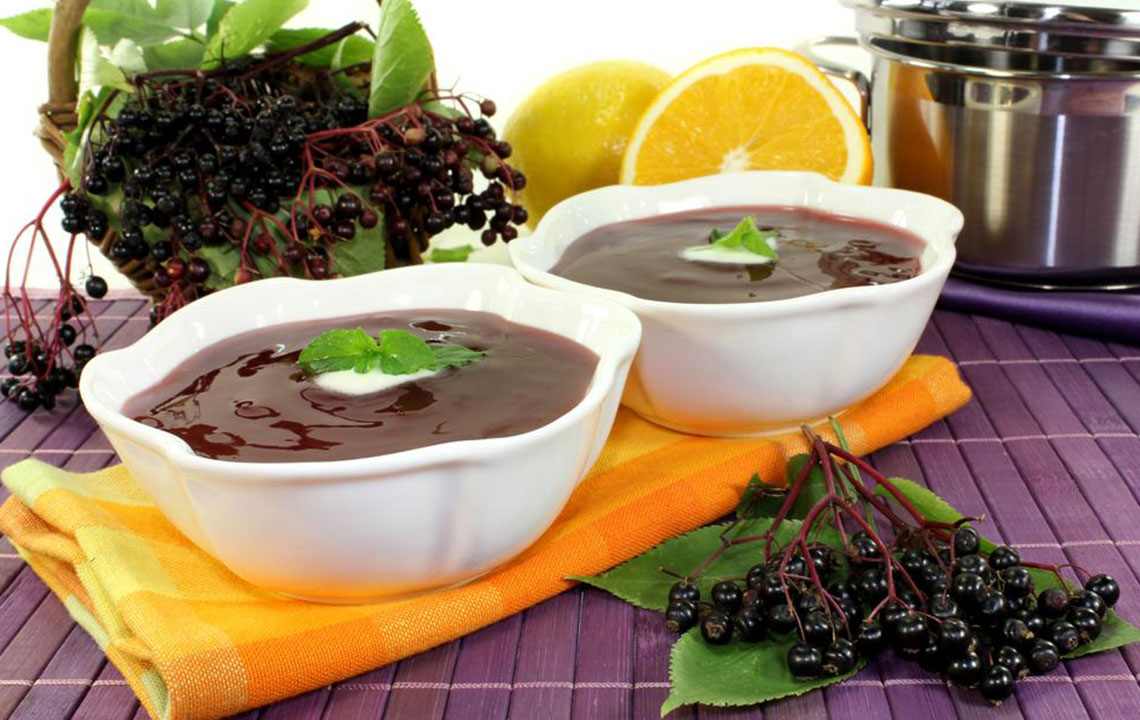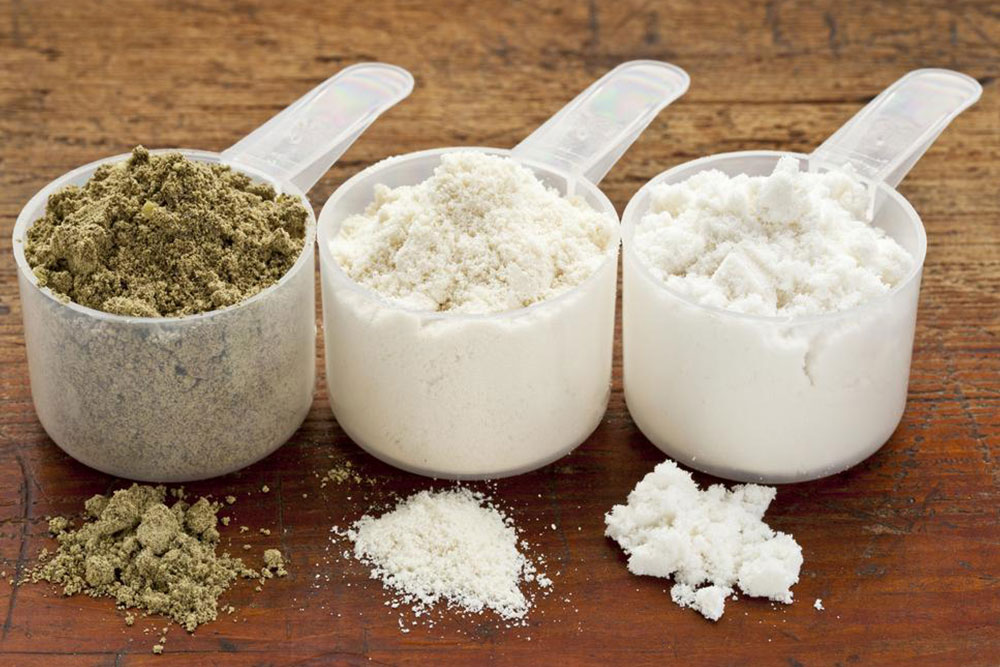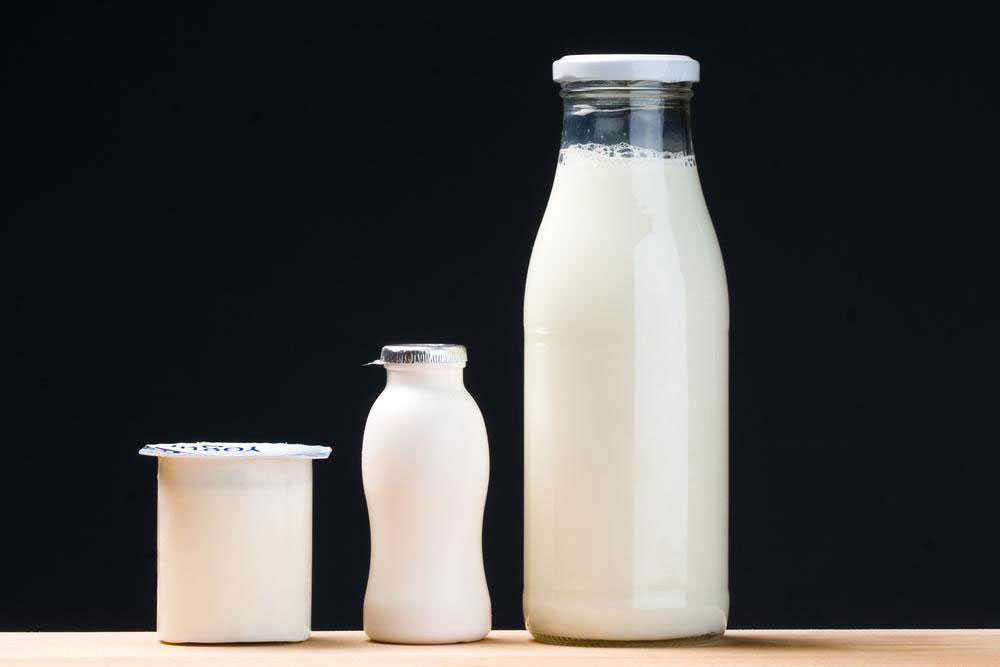Effective Dietary Strategies for Managing Heartburn
Discover effective dietary tips to manage and relieve heartburn. Learn about safe drinks like herbal teas, low-fat milk, and non-citrus juices, as well as quick-acting remedies such as ginger and almonds. Understand the benefits of a low-acid diet and probiotic foods for gastrointestinal health. Incorporate these insights into your lifestyle for better digestion and reduced discomfort caused by acid reflux. Always consult a healthcare professional for personalized advice to ensure optimal management of heartburn symptoms.

Dietary Tips and Drinks to Alleviate Heartburn
Foods and beverages that can help ease heartburn
Heartburn, a common symptom of acid reflux, occurs when stomach acid backflows into the esophagus, causing a burning sensation in the chest. While occasional episodes are normal, frequent heartburn may signal GERD. Factors like smoking, alcohol, overeating, and sleeping immediately after meals can contribute. Pregnancy and certain medicines can also trigger it. Diet plays a significant role; some foods worsen symptoms, while others offer relief. Learning which drinks and foods soothe heartburn can make a difference in managing this discomfort.
Helpful beverages and liquids for heartburn relief
Herbal teas: Teas made from gentle herbs like chamomile, marshmallow, licorice, or slippery elm can soothe your digestive system. Avoid mint or peppermint teas, as these may trigger symptoms.
Low-fat milk: Choosing low-fat or plant-based milk such as almond, soy, or coconut milk can prevent acid reflux and help reduce heartburn.
Non-citrus fruit juices: Juices from carrots, beetroot, watermelon, pear, cucumber, and spinach are less likely to trigger heartburn. Avoid citrus and tomato-based drinks.
Coconut water: Unsweetened coconut water contains electrolytes like potassium that neutralize stomach acid, providing relief.
Immediate relief foods and drinks for heartburn
Ginger: Known for quick relief, ginger can be added to meals or sipped as tea. It helps calm the stomach and reduce acidity.
Apple cider vinegar: Diluting a teaspoon of apple cider vinegar in warm water and drinking after meals might help alleviate symptoms.
Chewing gum: Chewing gum stimulates saliva production, which can neutralize acid and reduce heartburn.
Almonds: A handful of almonds can help by neutralizing stomach acid thanks to their natural oils.
Understanding a low-acid diet
A low-acid diet emphasizes foods with higher pH levels to reduce reflux. Suitable options include artichokes, carrots, cauliflower, watermelon, beans, broccoli, and Brussels sprouts.
Foods like citrus fruits, tomatoes, fried foods, salsas, and pickled vegetables are avoided due to their acidity.
Monitoring individual tolerance helps tailor the diet to minimize symptoms.
Role of probiotic foods in heartburn management
Probiotic-rich foods such as yogurt, kefir, sauerkraut, and kombucha support a healthy gut biome, aiding digestion.
They also possess anti-inflammatory properties that may help reduce acid reflux and soothe gastrointestinal irritation.
Homemade probiotic foods are often more effective than store-bought options. Avoid flavored or sweetened varieties containing artificial ingredients that may worsen symptoms.
Tags: heartburn relief foods, acid reflux diet, digestive health










